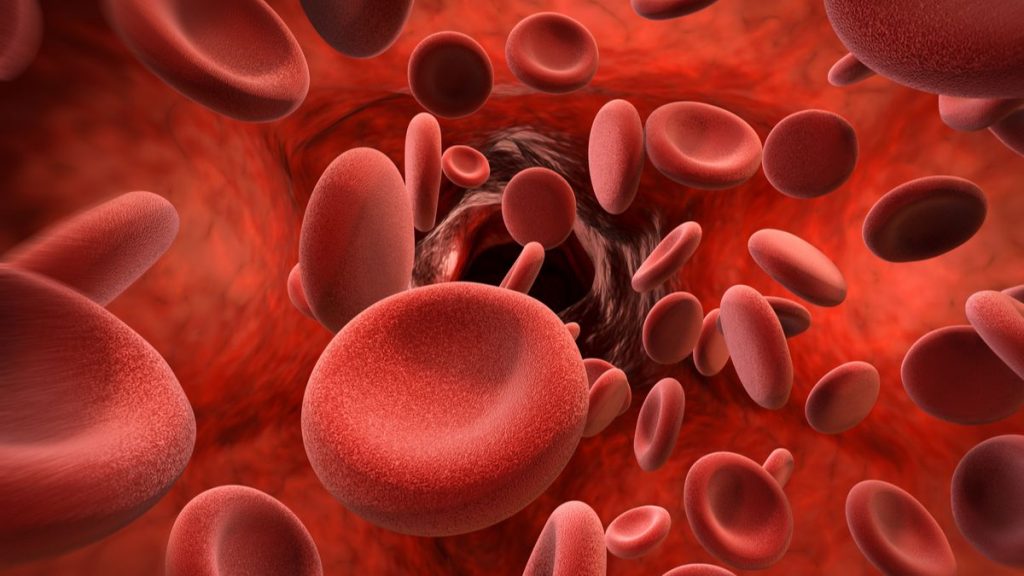
American researchers have unveiled a promising experimental device, making it possible not only to monitor fluctuations in glucose and insulin in real time, but also the levels of any protein, antibody or hormone circulating in the blood.
A real miniature laboratory
Continuous monitoring of changes in the blood of patients would undoubtedly be a major advance for physicians, and a team of bioengineers from Stanford allowed us to get closer to this reality. Featured in the journal Nature Biomedical Engineering, the newly developed device is able to detect in real time changes in blood levels of any molecule or protein that a doctor should be monitoring.
” Blood tests are very helpful, but they do not tell you in real time about the increase or decrease in insulin or glucose levels in a patient. “, Explain Tom soh, co-author. ” It is essential to be able to know their variations. “
One of the most common technologies used to detect specific molecules in a blood sample is the enzyme immunoassay, or ELISA, which can detect almost any type of antibody, hormone, or protein. Baptized ” Real-time ELISA “(RT-ELISA) according to the researchers, the new device constitutes an impressive evolution of the process and resembles a real laboratory on a chip.
This consists of three modules: the first mixes an intravenous blood sample with fluorescent antibodies designed to react with any molecule (lower part of the image above), while the other two (upper part) are designed to remove excess blood cells and analyze sample brightness using a high-speed camera, which allows clinicians to observe changes in the levels of a specific protein or hormone in real time.
Monitor fluctuations in blood biomarkers continuously to save lives
Tested on diabetic rats, the prototype made it possible to effectively detect changes in the levels of glucose and insulin in their blood in real time, but could also prove invaluable in preventing sepsis, a condition in which the immune system reacts. excessively to infection by producing an increased volume of inflammatory molecules, cytokines, called ” storms », Which is thought to be a frequent cause of death in patients with Covid-19.
Researchers are currently adapting RT-ELISA so that it detects theIL-6, a cytokine known to be a marker for the severity of septicemia. Knowing that it currently takes three days to get lab results, the team believes that the ability for intensive care staff to experience real-time blood fluctuations in theIL-6 would be a major step forward.
” In the event of sepsis, time is of the essence. With every hour that passes, your probability of dying increases by 8% “, Explain Soh. ” Being able to detect and follow it in real time would save many lives. “
If this preliminary work turns out to be extremely promising, the researchers point out that this technology will have to be further refined before considering clinical trials, but believe that it can be easily modified for human use.

